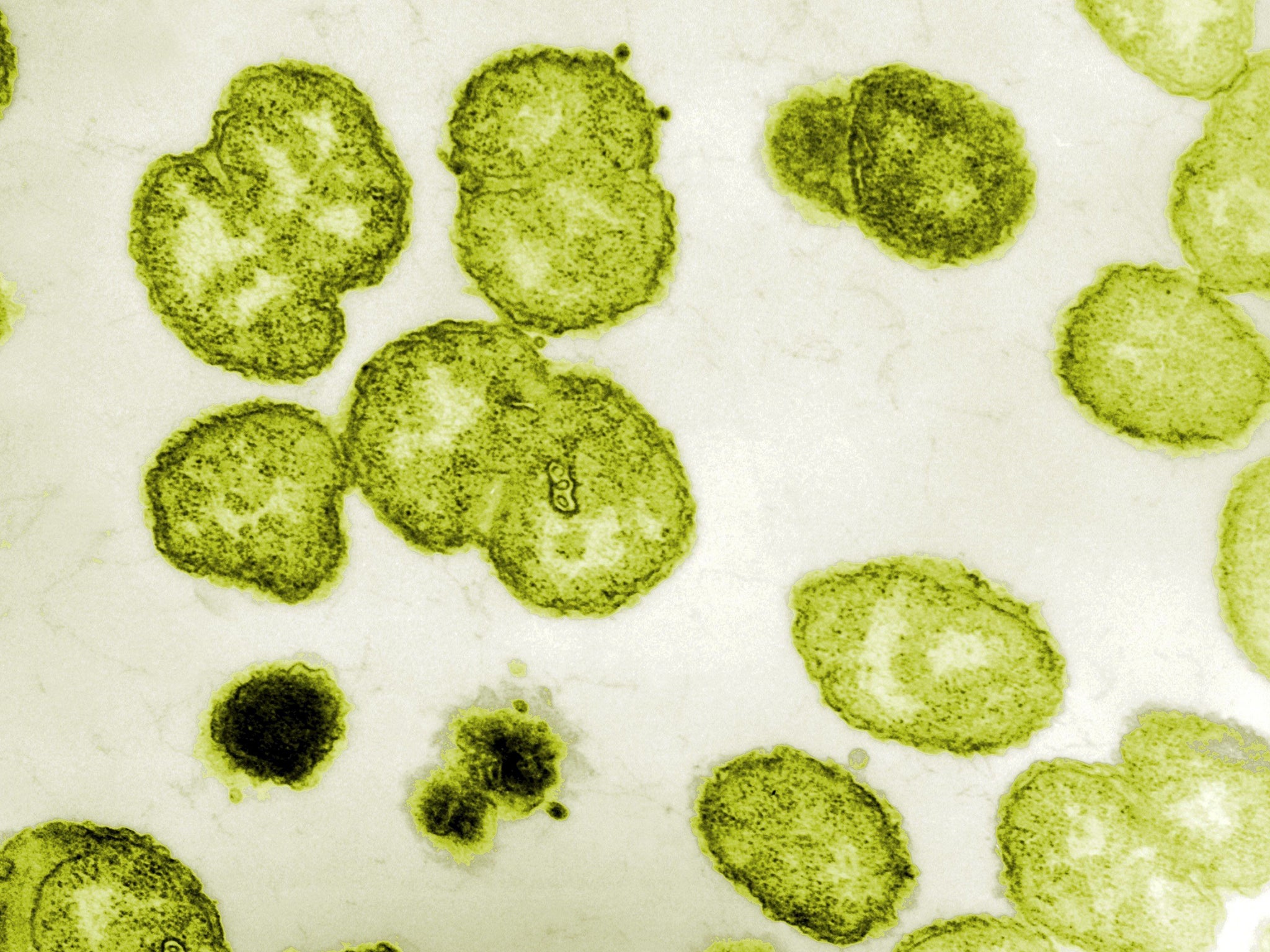'Sex superbug': Concerns over spread of highly resistant gonorrhoea strain found in Australia
There is mounting evidence that some antibiotics are useless against the STI

Your support helps us to tell the story
From reproductive rights to climate change to Big Tech, The Independent is on the ground when the story is developing. Whether it's investigating the financials of Elon Musk's pro-Trump PAC or producing our latest documentary, 'The A Word', which shines a light on the American women fighting for reproductive rights, we know how important it is to parse out the facts from the messaging.
At such a critical moment in US history, we need reporters on the ground. Your donation allows us to keep sending journalists to speak to both sides of the story.
The Independent is trusted by Americans across the entire political spectrum. And unlike many other quality news outlets, we choose not to lock Americans out of our reporting and analysis with paywalls. We believe quality journalism should be available to everyone, paid for by those who can afford it.
Your support makes all the difference.A “sex superbug” has put doctors in Australia and New Zealand on high alert amid mounting evidence that antibiotics used to treat the infection are no longer working.
The most highly resistant strain of gonorrhoea ever detected in Australia was recently found in a tourist from central Europe who contracted the STI in Sydney.
Australia’s Health Department said a new multidrug resistant type of gonococcal bacteria, dubbed A8806, was identified with similarities to an untreatable strain of gonorrhoea known as H041.
It was first discovered in Japan in 2009, when a 31-year-old sex worker who had no symptoms of the disease tested positive in a routine check-up in Kyoto and could not be treated with the commonly-used ceftriaxone.
There have also been reports of a resilient strain in Hawaii in May 2011, as well as in California and Norway.
The Australian Health Department has urged GPs to refer all cases of gonorrhoea, known as “the clap”, for culture testing and New Zealand health clinics are on a high state of alert.

The capacity of the gonorrhoea bacterium to develop antibiotic resistance is well known, the New Zealand Sexual Health Society said, and many of the antibiotics used in the past 70 years no longer provide effective treatment.
“Gonorrhoea infection can result in severe complications,” the president, Dr Edward Coughlan, said.
“This is a major public health concern.”
The latest figures from Public Health England showed new diagnoses in England jumped by 21 per cent to 25,525 cases in 2012, following another huge rise in 2011.
The agency said a switch in prescribing guidelines had been effective targeting more resilient strains but urged continued vigilance.
Gonorrhoea is easily transmitted by unprotected oral or penetrative sex and the bacteria can infect the throat and eyes as well as sexual organs.
Typical symptoms of gonorrhoea include a thick green or yellow discharge from the vagina or penis, pain when urinating and bleeding in women but many infected people have no symptoms, according to the NHS.
If left untreated, it can lead to infertility, ectopic pregnancy, fever, rashes and arthritis-like symptoms and complications can cause joint and heart infections, as well as meningitis.
Join our commenting forum
Join thought-provoking conversations, follow other Independent readers and see their replies
Comments